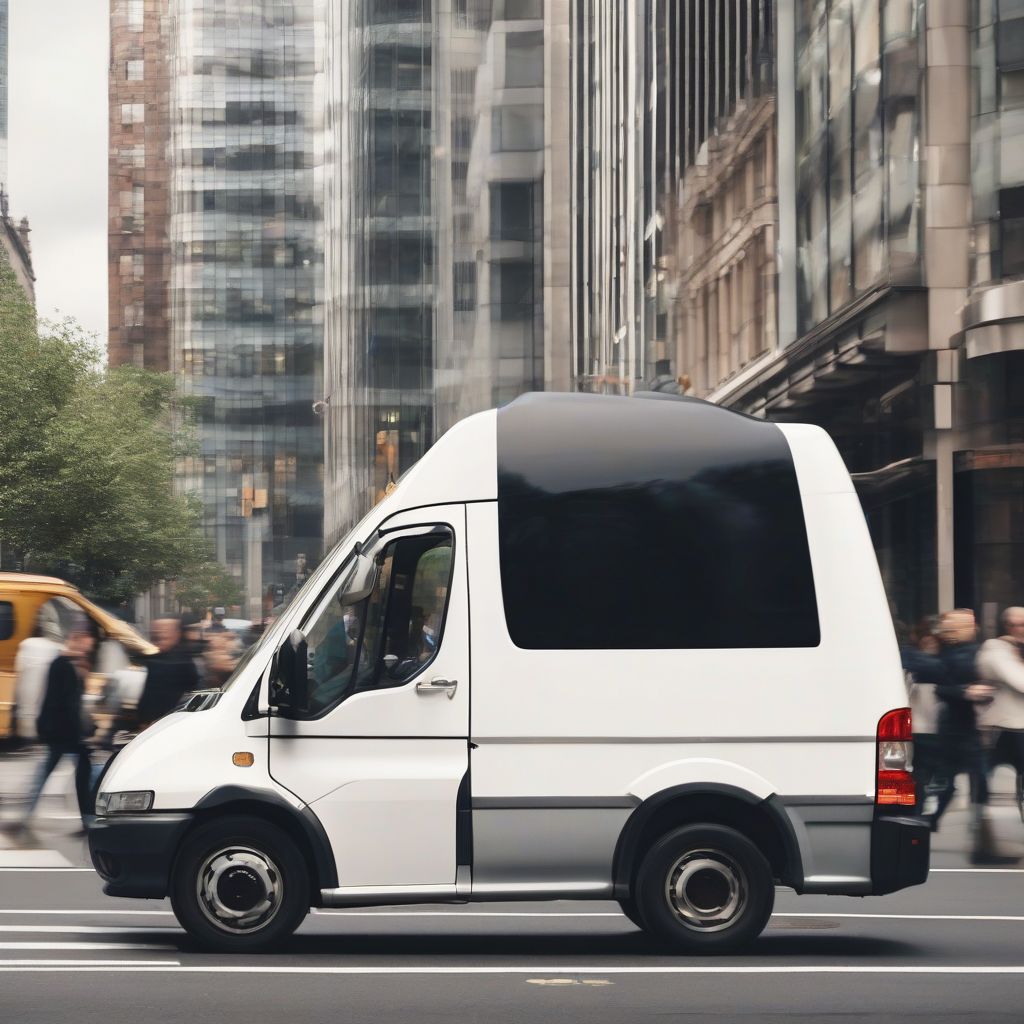Driving a vehicle for business purposes introduces a unique set of risks and liabilities not covered under a standard personal auto insurance policy. That’s where commercial car insurance comes in. If you use your vehicle for work-related activities, understanding this type of coverage is crucial for protecting yourself, your business, and your employees.
What is Commercial Car Insurance?
Commercial car insurance is a type of insurance policy designed to protect businesses that use vehicles for work purposes. This could include cars, trucks, vans, or any other type of vehicle used for business operations. Unlike personal auto insurance, commercial car insurance offers broader coverage that takes into account the increased risks associated with business use.
Who Needs Commercial Car Insurance?
Determining whether you need commercial car insurance often depends on how you use your vehicle. Here are some common scenarios where this type of coverage is necessary:
- Deliveries: If you use your vehicle to transport goods or provide delivery services.
- Client Transportation: Businesses that transport clients or customers, such as taxis or ride-sharing services.
- Business Equipment Hauling: Vehicles used to transport tools, equipment, or materials for your business.
- Employee Use: If your employees operate company-owned vehicles or use their personal vehicles for work purposes.
 Delivery Van on the Road
Delivery Van on the Road
Why is Commercial Car Insurance Important?
Commercial car insurance safeguards your business from a range of potential financial burdens that could arise from accidents or vehicle-related incidents. Here’s why it’s essential:
Increased Liability Coverage: When you use your vehicle for business, the potential for lawsuits and higher claim amounts increases. Commercial auto insurance typically provides higher liability limits than personal policies, ensuring adequate protection.
Coverage for Business Property: If your vehicle is damaged or stolen while being used for business, commercial insurance can cover the cost of repairs or replacement, as well as any business-related items inside the vehicle.
Protection Against Third-Party Claims: In case of an accident where you are at fault, commercial insurance covers damages and medical expenses for the other party involved.
Business Interruption Coverage: If an accident puts your business vehicle out of commission, this coverage can help compensate for lost income and ongoing expenses while your vehicle is being repaired.
What Factors Affect Commercial Car Insurance Costs?
Several factors influence the cost of your commercial car insurance premiums. Understanding these factors can help you make informed decisions when selecting coverage:
- Vehicle Type: The size, value, and use of your vehicle play a significant role in determining premiums.
- Driving History: Your and your employee’s driving records, including accidents and traffic violations, impact your rates.
- Coverage Limits and Deductibles: Higher coverage limits offer more protection but generally come with higher premiums. Choosing a higher deductible can lower your premium but means you’ll pay more out of pocket in the event of a claim.
- Location: Where your business operates and where your vehicles are garaged can influence your insurance costs.
Common Questions About Commercial Car Insurance
Here are answers to some frequently asked questions about Car Insurance For Commercial Vehicles:
Q: Can I use my personal car insurance for business use?
A: While it might seem convenient to rely on your personal auto insurance, it’s generally not sufficient for business use. Personal policies often exclude or offer limited coverage for business-related incidents. Using your personal insurance for business purposes could lead to denied claims and legal issues.
Q: What does commercial car insurance typically cover?
A: Coverage varies depending on the policy and provider, but standard commercial car insurance often includes:
- Liability Coverage: Bodily injury and property damage liability for accidents you cause to others.
- Collision Coverage: Repair or replacement of your vehicle if it’s damaged in a collision with another vehicle or object.
- Comprehensive Coverage: Protection against damage to your vehicle from non-collision events like theft, vandalism, fire, or natural disasters.
- Uninsured/Underinsured Motorist Coverage: Covers damages if you’re involved in an accident with a driver who doesn’t have insurance or has insufficient coverage.
- Medical Payments/Personal Injury Protection (PIP): Covers medical expenses for you and your passengers, regardless of fault.
Q: How much commercial car insurance do I need?
A: The appropriate amount of coverage depends on your specific business needs and risks. Factors to consider include the value of your vehicles, the potential for lawsuits, and your business’s financial situation. It’s essential to consult with an insurance agent or broker to determine the right coverage limits for your business.
Ensuring Adequate Protection for Your Business
Obtaining the right car insurance for your commercial vehicles is crucial for protecting your business from financial risks. By understanding the nuances of commercial auto insurance and seeking guidance from insurance professionals, you can make informed decisions about coverage that aligns with your business requirements. Remember that insurance laws and regulations can vary by state and country, so it’s always best to consult with a qualified insurance professional in your area.


